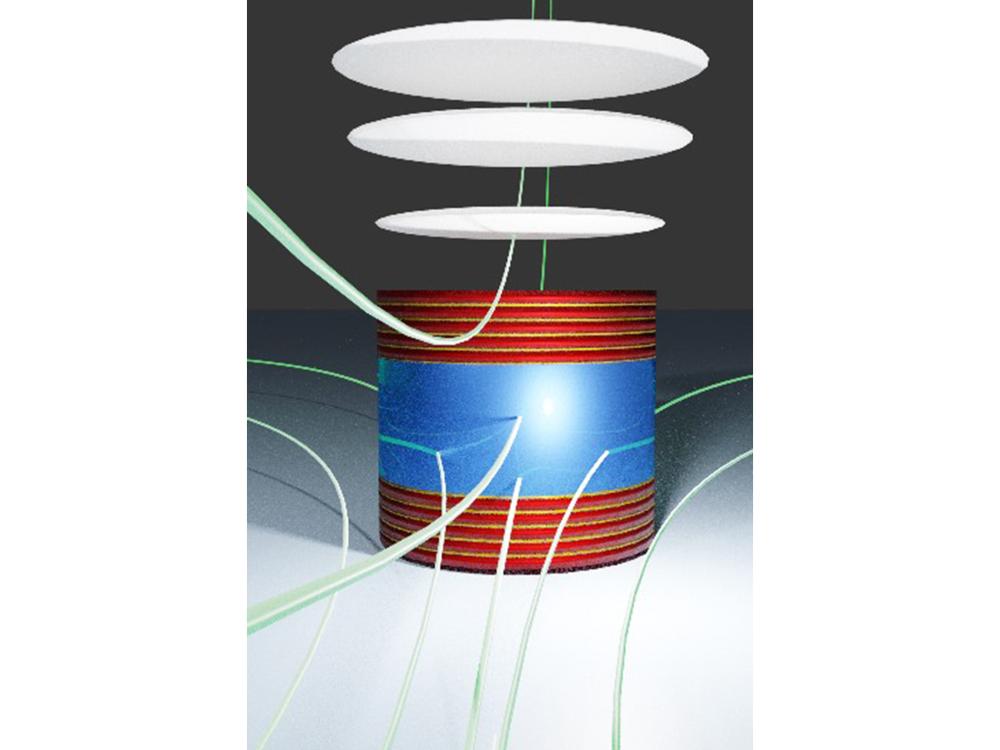2024-02-20 テキサス A&M大学
◆世界の果物と野菜の市場では、農産物の取り扱いや収穫後の処理の段階で50%以上が失われています。Akbulutの研究は、食品グレードのワックスにナノカプセル化されたシナモン樹皮エッセンシャルオイルを組み合わせ、抗菌性を高めることで、新鮮な農産物の安全性を高めます。このコーティング技術は、新しい技術を求めている産業に大きな影響を与える可能性があります。
<関連情報>
- https://today.tamu.edu/2024/02/20/engineering-a-coating-for-disease-free-produce/
- https://www.sciencedirect.com/science/article/pii/S2665927123002356
食用ナノカプセル化シナモン精油ハイブリッドワックスコーティングは、食品媒介病原体に対するリンゴの安全性を高める Edible nano-encapsulated cinnamon essential oil hybrid wax coatings for enhancing apple safety against food borne pathogens
Yashwanth Arcot, Minchen Mu, Yu-Ting Lin, William DeFlorio, Haris Jebrini, Angela Parry-Hanson Kunadu, Yagmur Yegin, Younjin Min, Alejandro Castillo, Luis Cisneros-Zevallos, Thomas M. Taylor, Mustafa E.S. Akbulut
Current Research in Food Science Available online: 1 January 2024
DOI:https://doi.org/10.1016/j.crfs.2023.100667
Highlights
•Composite fruit wax coatings containing encapsulated essential oil.
•Extended half-life of release of bioactive compounds by 61 h.
•Enhanced fruit safety: Anti-bacterial fruit coatings.
•Post-harvest processing for preserving the aesthetic appeal of apples.
Abstract
Post-harvest losses of fruits due to decay and concerns regarding microbial food safety are significant within the produce processing industry. Additionally, maintaining the quality of exported commodities to distant countries continues to pose a challenge. To address these issues, the application of bioactive compounds, such as essential oils, has gained recognition as a means to extend shelf life by acting as antimicrobials. Herein, we have undertaken an innovative approach by nano-encapsulating cinnamon-bark essential oil using whey protein concentrate and imbibing nano-encapsulates into food-grade wax commonly applied on produce surfaces. We have comprehensively examined the physical, chemical, and antimicrobial properties of this hybrid wax to evaluate its efficacy in combatting the various foodborne pathogens that frequently trouble producers and handlers in the post-harvest processing industry. The coatings as applied demonstrated a static contact angle of 85 ± 1.6°, and advancing and receding contact angles of 90 ± 1.1° and 53.0 ± 1.6°, respectively, resembling the wetting properties of natural waxes on apples. Nanoencapsulation significantly delayed the release of essential oil, increasing the half-life by 61 h compared to its unencapsulated counterparts. This delay correlated with statistically significant reductions (p = 0.05) in bacterial populations providing both immediate and delayed (up to 72 h) antibacterial effects as well as expanded fungal growth inhibition zones compared to existing wax technologies, demonstrating promising applicability for high-quality fruit storage and export. The utilization of this advanced produce wax coating technology offers considerable potential for bolstering food safety and providing enhanced protection against bacteria and fungi for produce commodities.
Graphical abstract




